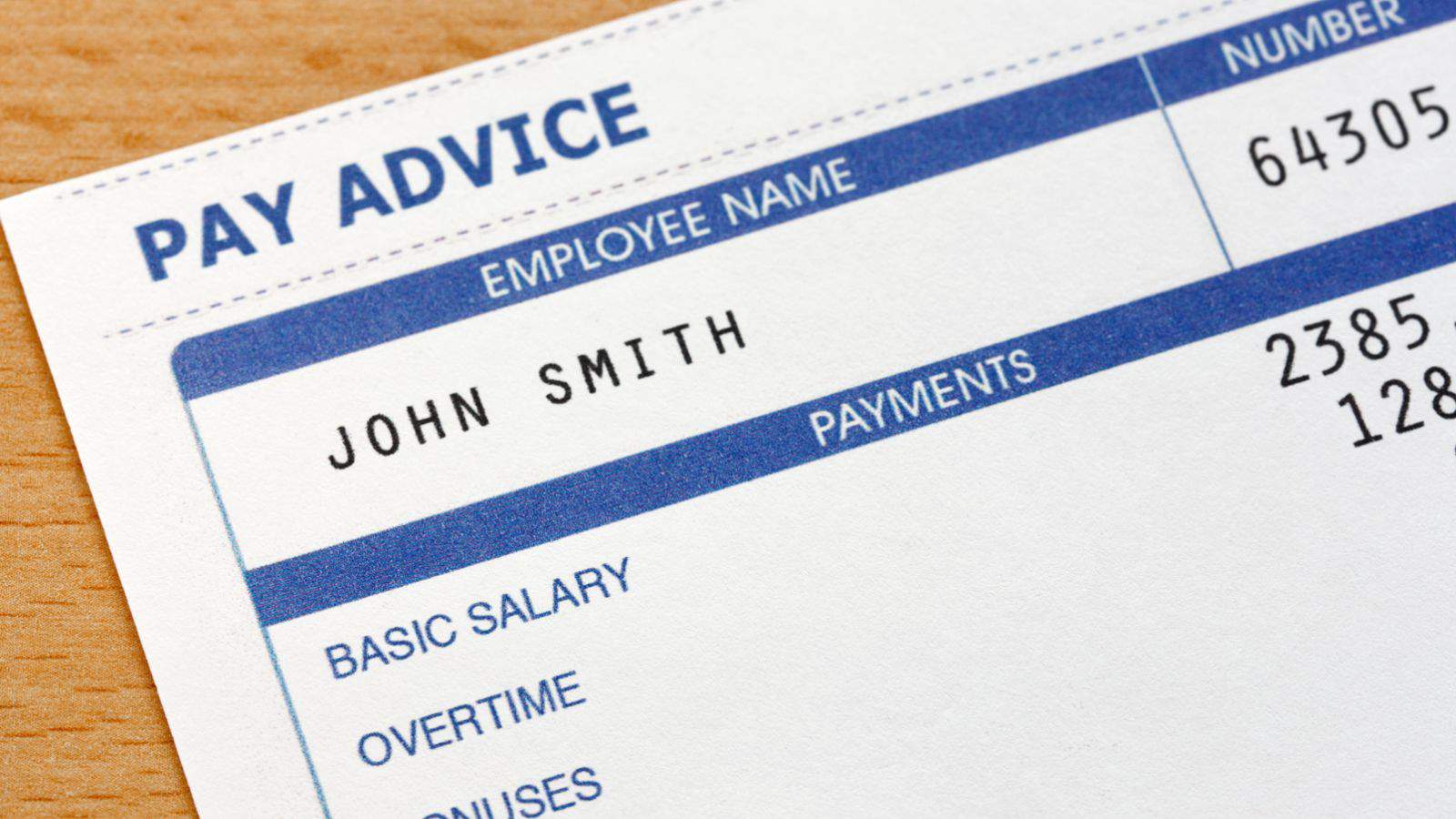Everybody knows that adulthood comes with plenty of responsibilities, but a surprising number of people still don’t know some of the most important facts about daily life. It seems as though many of these essential facts were never taught in school or simply faded from memory over time.
To help you do just that, let’s take a look at some important facts that every adult should know, yet many don’t.
How Compound Interest Works

Compound interest can either work for you or against you, depending on the situation. It’s the reason savings accounts and investments grow faster over time, but it’s also why credit card debt can spiral if left unpaid. The concept is simple: interest earns on both the initial amount and the accumulated interest. This snowball effect makes early saving crucial and highlights the danger of lingering high-interest debt.
Spotting the Signs of a Stroke or Heart Attack

Any paramedic will tell you that recognizing the early symptoms of a stroke or heart attack can save lives. Chest pain, shortness of breath, dizziness, and numbness in the arms or face are critical warning signs that shouldn’t be ignored.
Many adults either dismiss these symptoms or assume they will pass, not realizing the urgency of the situation. Knowing the FAST acronym for strokes (Face drooping, Arm weakness, Speech difficulty, Time to call 911) could make the difference between recovery and long-term disability.
The Basics of Nutrition (and Why It Matters)

A surprising number of adults don’t understand how basic nutrition affects their overall health. Simple facts, like the importance of balancing protein, fats, and carbs or the difference between whole and processed foods, can drastically improve long-term health.
The Importance of Regular Health Screenings

Annual checkups, dental cleanings, and vision tests are often overlooked, but they play a major role in catching health issues early. Many adults skip routine screenings, unaware that diseases like cancer, high blood pressure, or diabetes can develop silently. Regular health checkups are just as important for prevention as cure. Early detection often leads to easier and less expensive treatment, highlighting why preventive care is essential to long-term well-being.
What Basic Legal Rights You Have at Work

Many adults don’t fully understand their rights in the workplace, which can leave them vulnerable to unfair treatment. Simple facts like knowing your right to overtime pay, breaks, or protections against discrimination can help safeguard against exploitation. Workers also have the right to report unsafe conditions without fear of retaliation.
How to Interpret Food Expiration Labels

Food expiration labels can be confusing. “Best by,” “sell by,” and “use by” dates all mean different things, and misunderstanding them can lead to wasted food or, worse, eating spoiled products. In reality, many foods are still safe to consume after their listed dates, but few adults know the difference.
How the Electoral College and Voting Systems Work

Many adults vote without fully understanding how the electoral college or local voting systems function. In national elections, the popular vote doesn’t directly decide the presidency: electors do. Similarly, local government structures vary by state, affecting laws and policies differently depending on the region.
The Importance of Hydration

It sounds simple, but dehydration affects more adults than you’d think. Fatigue, headaches, and even digestive issues are often linked to insufficient water intake. Many people don’t realize that by the time they feel thirsty, they’re already dehydrated. Staying hydrated improves focus, boosts mood, and prevents long-term health issues like kidney stones.
How to Read a Pay Stub

A surprising number of adults never fully review their pay stubs, which can lead to unnoticed errors or missing payments. Understanding the difference between gross pay and net pay, as well as deductions for taxes, retirement contributions, and benefits, is essential.
Misreading this information can result in budgeting issues or missed opportunities to adjust tax withholdings.
How the Weather Forecast Actually Works

It’s easy to check the weather app, but many adults misunderstand what terms like “40% chance of rain” actually mean. This doesn’t indicate that it will rain for 40% of the day: it means there’s a 40% likelihood that rain will fall somewhere in the forecasted area.
The Difference Between Real and “Fake” News

There’s been a huge rise in the popularity of social media, and unfortunately that means that misinformation spreads rapidly. Many adults struggle to differentiate between credible news sources and sensationalized or outright false information. Knowing how to fact-check articles, verify sources, and identify bias is essential in today’s world.
How to Safely Store and Handle Medications

Medication errors happen more often than you’d expect. Some adults store pills in humid bathrooms, not realizing moisture can affect potency. Others mix medications that should never be taken together. When you understand the basics, like keeping medications in a cool, dry place and being aware of potential interactions, you’re much more likely to prevent serious health risks.
How Mortgages and Interest Rates Work

Buying a home is one of the biggest financial decisions an adult can make, yet many people don’t fully understand how mortgages and interest rates function. Fixed vs. variable rates, loan terms, and the impact of even a small percentage change in interest can dramatically affect monthly payments.
The Basics of Internet Privacy and Data Security

Many adults unknowingly expose their personal data online, not realizing how vulnerable they are to cyberattacks or identity theft. Simple facts, like why you should use unique passwords, avoid public Wi-Fi for banking, and enable two-factor authentication, go overlooked.
How Insurance Deductibles and Premiums Work

Insurance policies can be confusing, and many adults struggle to understand how deductibles, premiums, and out-of-pocket costs interact. Knowing that a higher deductible usually means lower monthly payments (and vice versa) can help adults choose the right policy for their needs.
The Importance of Emergency Funds

Life is unpredictable, yet many adults don’t keep an emergency fund for unexpected expenses like car repairs, medical bills, or sudden job loss. The general recommendation is to save three to six months’ worth of expenses, but even a smaller amount can provide a cushion in tough times.
How to Properly Read Nutrition Labels

Grocery shopping is part of everyday life, but many adults overlook or misunderstand the information on nutrition labels. It’s really important to learn how to interpret serving sizes, calories, and the breakdown of fats, sugars, and sodium, as this can lead to healthier choices.
The Basics of Renters’ and Homeowners’ Rights

Many adults aren’t fully aware of their legal rights as renters or homeowners. Knowing what landlords can and can’t do, the importance of lease agreements, and the legal process for evictions protects tenants from unfair treatment. Similarly, homeowners benefit from understanding property taxes, zoning laws, and the importance of home inspections.
